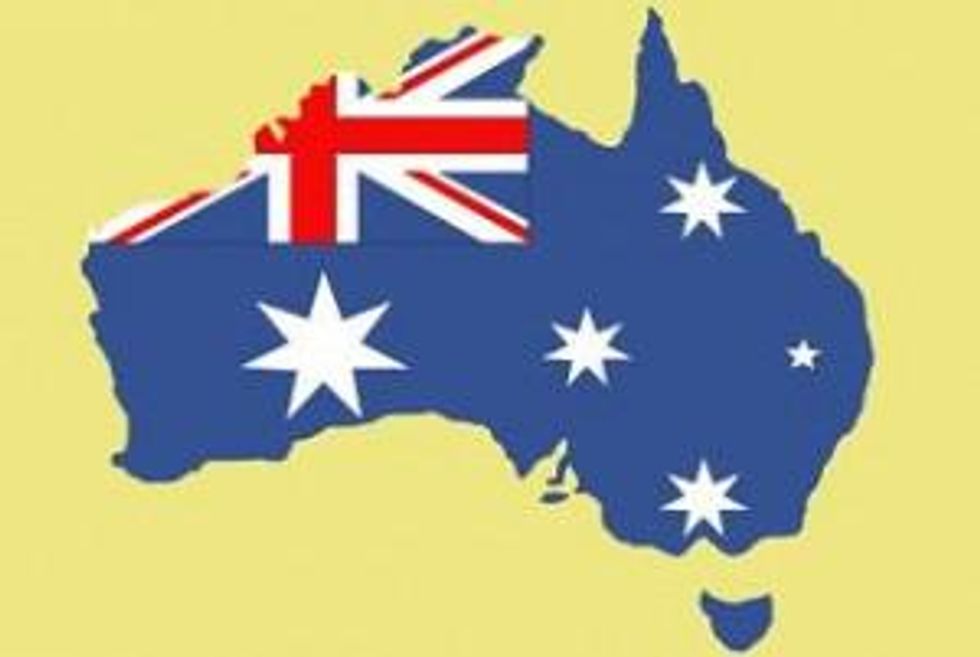Legend Drops IPO, Seeks More Funding for Australian Phosphate Mine
With its environmental impact statement approval now in its pocket, Legend International Holdings is pursuing new financing options for its South Paradise phosphate project.
The company, whose Paradise South project will have an operating cost of AU$200 million per year for its projected 20-year lifespan and could include a $1.4-billion phosphate facility south of the town of Mount Isa, has tested the market’s appetite for major project financing, but investors do not like what they see.
After delaying its IPO from July to October, Legend’s ill-received efforts to secure $20 million in project financing have been pulled in favor of seeking more substantive figures.
Mining entrepreneur and former Melbourne Football Club president, Joseph Gutnick, a lead financial backer with a 32.5 percent share in the project, believes the project will be better served by securing one big partner that can bring the project to life.
“Paradise is now in advanced negotiations with a potential strategic partner, and the company believes that the completion of a transaction with the strategic partner may provide greater shareholder value than that obtained via completion of the IPO at this present time,” Gutnick recently told The Australian.
Gutnick was able to secure $50 million in financing from Australian investment firm Acorn Capital in February of this year with a promise to provide $7.5 million in convertible notes should the company’s IPO occur within 12 months, and a 15 percent return on investment if it does not.
Gutnick is not the only notable investor associated with the project. Renowned investor George Soros and his Soros Fund Management is also invested in the Paradise South project, with a 10.4 percent stake in Legend.
But the project will likely require more than just big-name investors if it is to become operational. Securing funding in public or private markets has been a challenge for a number of companies looking to make the next step in Australia’s mining sector.
Australian junior phosphate developer Phosphate Australia (ASX:POZ), turfed its plans for its Highland Plains project in Australia’s Northern Territory because it was unable to find a partner to fund the project. The company is now considering selling the asset, The Australian reported earlier this month.
The country’s significant coal and iron ore mining industries have been the most visible sectors to take a hit, while Australia’s exchange showed positive signs of growth this week on the back of rising copper prices.
The recent rise, however, masks problems occurring within the heart of the industry.
Over the last five years, the number of people who reported being employed by the mining industry increased by 65.2 percent, the Australian Bureau of Statistics reported this week. The sector’s national share of employment has increased, with the total workforce employed in the mining sector up from 1.2 to 1.8 percent.
John Grill, founder and current chairman of WorleyParsons, noted this week that Australian engineers are paid 50 percent more than their counterparts around the globe and that the country currently suffers from a dearth of skilled tradespeople, including boilermakers, welders, fitters and electrical and instrumentation specialists.
The rising salaries associated with job growth have posed cost constraints for the industry. That, coupled with significant declines in commodity prices, has pushed many in the market into a bullish stance around new developments.
Phosphate prices, however, have remained relatively stable over the past six months. Despite concerns about depressed crop figures in North America, Europe and beyond, the industry remains optimistic that a return to buying will occur soon.
Australia’s proximity to Asia, an expanding agricultural market, has been one of the strongest selling points of phosphate projects in the country.
Securities Disclosure: I, James Wellstead, do not hold equity interest in any of the companies mentioned in this article.
